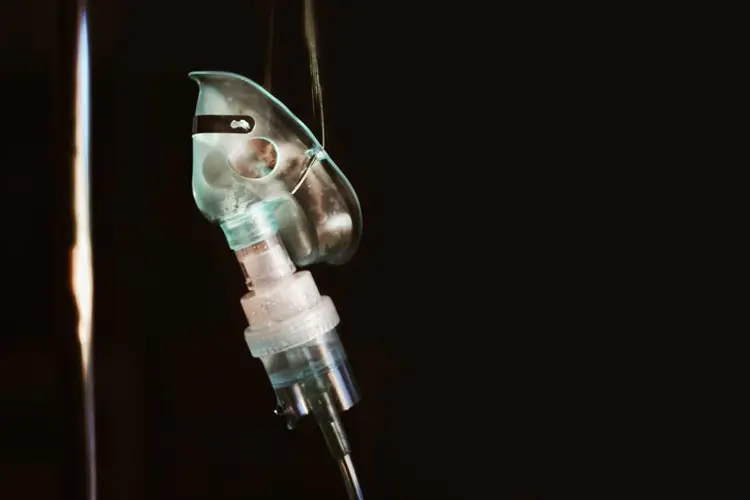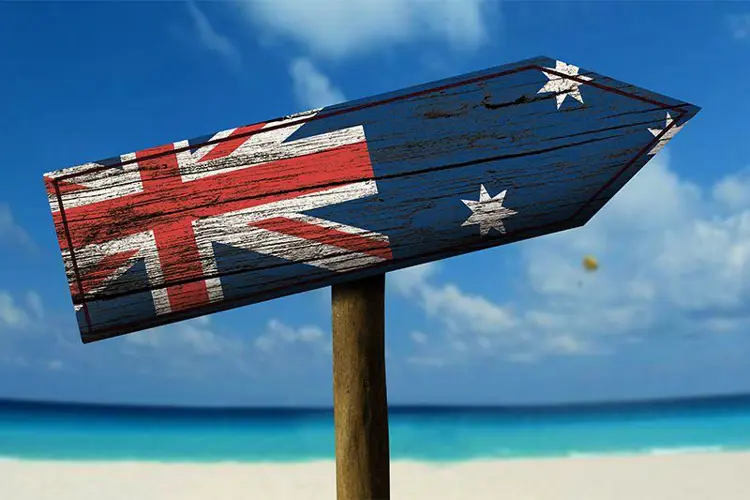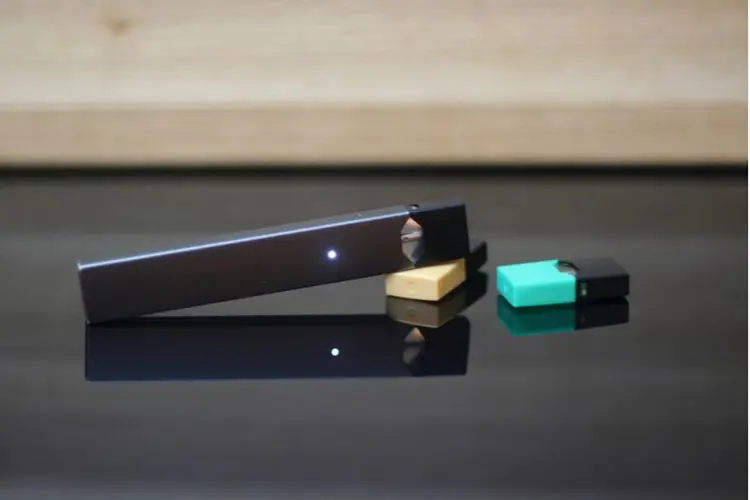A respected Canadian vaping advocate is facing life-threatening medical issues, and because he is a vaper, Nova Scotia provincial health authorities are threatening to cut off the oxygen supply he depends on.
Ray Yeates, the founder of the largest Canadian consumer vaping rights organization— the Tobacco Harm Reduction Association of Canada—is a 70-year-old emphysema victim with little money and no resources to fight against the provincial agencies that have decided he should be denied the medical aid he requires.
The vaping community has been alerted to Yeates’ plight by the International Network of Nicotine Consumer Organizations (INNCO), the global consortium of vaping and tobacco harm reduction consumer groups (of which THRA is a charter member). According to INNCO—which has been in touch with THRA’s Jackie Awrey, a close friend of Yeates—the Nova Scotia Department of Health and Wellness (DHW) has notified Yeates that his supply of subsidized home oxygen will be cut off June 1.
The stated reason is the supposed hazard caused by vaping in the presence of medical oxygen. The current Nova Scotia policy, which dates to 2016, says those who receive oxygen delivery must sign a promise not to smoke, but makes no mention of vaping.
“Oxygen therapy is only effective if taken as directed, which means you must be smoke-free when receiving Home Oxygen Services,” says the DHW home oxygen policy. “You must sign a non-smoking agreement when funded for this service by the Department of Health and Wellness.”
Apparently the policy is going to change to include vaping as of June 1, but I was unable to find any reference to the new position on the Nova Scotia DHW website. Ontario vape shop owner and advocate Maria Papaioannoy-Duic says she received an email from the Nova Scotia DHW indicating the policy change is based on a 2014 warning from Health Canada about the potential risks of vaping and oxygen.
But that 2014 warning from the national health authority merely urged patients not to vape or charge devices near oxygen, which INNCO says Yeates has never done anyway. He has used oxygen for many years. It was his 2013 emphysema diagnosis that forced him onto oxygen—and also led him to vaping, and the founding of THRA a year later. Ray Yeates’ vaping story (and his difficult life) was nicely documented in a 2015 VICE article.
Despite being the home of Canada’s best-known consumer advocate, Nova Scotia now has the harshest vaping laws in Canada, having recently passed a 20 mg/mL e-liquid nicotine limit and banned all flavored e-cigarette and vape juice products earlier this year.
There is weak evidence that suggests vaping while using oxygen could be a hazard. Firing an exposed dry coil might ignite a patient’s clothes or skin (and be accelerated by an oxygen-rich environment), but the odds that a user would make that mistake are slim—unless they were deliberately trying to cause a fire. Simply advising the vaper to go to a different room, or outside, to vape—as Health Canada has done—ought to be sufficient in the vast majority of cases.
A legitimate concern might be raised over the possibility of a spontaneous thermal event occurring in a vaping product's lithium ion batteries. Such things do happen very rarely when a device overheats, or if the battery or charger malfunction.
However, the same kind of freak electrical malfunctions also can occur with other battery-powered products. Do the Nova Scotia health authorities obtain written promises that no cell phones, laptop computers, or other similar battery-powered devices, will be charged or used by the patient receiving oxygen? No, they don’t.
The policy seems to be aimed only at a practice the health authorities simply don’t like: vaping. They see e-cigarettes as just another form of nicotine use, and view all nicotine use as synonymous with smoking. In other words, Nova Scotia public health agencies have adopted the very attitude towards low-risk nicotine products that Ray Yeates formed THRA to combat.
Supporters are working several angles to help Yeates. A crowd-funding effort may be launched to help pay for his oxygen—if it’s possible to receive oxygen once the province has stamped the user as a threat. It’s possible a lawsuit challenging the Nova Scotia health authorities on human rights (or other) grounds may be launched. A complaint could also be made to the Nova Scotia Human Rights Commission.
Ray Yeates’ problem isn’t unique to vapers in Nova Scotia or elsewhere in Canada. Health policies designed to “help” smokers and vapers by punishing them for their substance use are found everywhere. Until nicotine users stand up as a group to push back against laws that unjustly attack us for our personal choices, what is happening to Ray Yeates could happen to millions of others.
Share his story on social media using the hashtag #SaveRayYeates and follow @INNCOorg on Twitter for updates. And check out Neil Humber's coverage in Ecigclick for additional detail about the situation.
The Freemax REXA PRO and REXA SMART are highly advanced pod vapes, offering seemingly endless features, beautiful touchscreens, and new DUOMAX pods.
The OXVA XLIM Pro 2 DNA is powered by a custom-made Evolv DNA chipset, offering a Replay function and dry hit protection. Read our review to find out more.
The SKE Bar is a 2 mL replaceable pod vape with a 500 mAh battery, a 1.2-ohm mesh coil, and 35 flavors to choose from in 2% nicotine.
Because of declining cigarette sales, state governments in the U.S. and countries around the world are looking to vapor products as a new source of tax revenue.
The legal age to buy e-cigarettes and other vaping products varies around the world. The United States recently changed the legal minimum sales age to 21.
A list of vaping product flavor bans and online sales bans in the United States, and sales and possession bans in other countries.



















